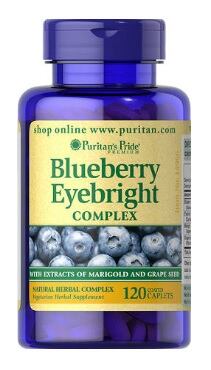Scientists from Zhejiang University in China reported that the potential benefits could be linked to the antioxidant properties of anthocyanins in berries and their regulation of inflammatory responses, as well as via pathways to reduce blood glucose and insulin resistance.
“T2DM [type 2 diabetes mellitus] and its associated complications cause serious medical and socioeconomic burdens. The findings from the present meta-analysis provide sufficient evidence that dietary intakes of anthocyanins and berries are associated with a lower risk of T2DM, respectively,” wrote the researchers in the European Journal of Clinical Nutrition.
Booming berries
Consumer interest and demand for berries has grown rapidly in the US, driven by several factors, including the potential health benefits, improved quality and year-round availability, according to a 2012 article by Roberta Cook from UC Davis.
“The berry category recently became the number-one dollar category in fresh produce departments, with national supermarket sales (excluding club stores, supercenters, and some other formats) projected to surpass $5.3 billion annually by June 2011,” wrote Cook.
Many companies are also offering concentrated extracts from the products as dietary supplements, with brands such as Life Extension, Puritan’s Pride, and Swanson offering products.
Study details

The new study, said to be the first to “evaluate the association of dietary consumption of anthocyanins and berries with T2DM risk”, assessed data from three cohort studies looking at dietary anthocyanin intakes and diabetes risk (200,894 participants and 12,611 cases of diabetes documented) and five cohort studies looking at berry intake and diabetes risk (194,019 participants and 13,013 cases of diabetes).
Crunching the numbers indicated that dietary anthocyanin consumption was associated with a 15% reduction in the risk of T2DM, while berry intake was associated with an 18% reduction in risk.
For every 7.5 mg/day increment of dietary anthocyanin or 17 g/day increment in berry intake the risk of T2DM decreased by 5%, added the researchers.
Interestingly, there were some gender differences observed with the benefits from berry consumption observed for women and not men.
“More prospective studies in other regions and ethnic groups are warranted to further explore the associations of dietary anthocyanins and berries with T2DM risk,” wrote the researchers.
Source: European Journal of Clinical Nutrition
Published online ahead of print, doi: 10.1038/ejcn.2016.142
“Associations of dietary intakes of anthocyanins and berry fruits with risk of type 2 diabetes mellitus: a systematic review and meta-analysis of prospective cohort studies”
Authors: X. Guo, et al.

